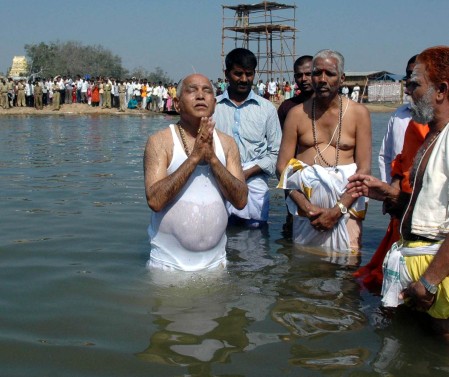Did we really ‘achieve’ Independence?
We have been taught that India 'achieved ' independence in
1947 from a very peaceful and nonviolent struggle led by Gandhi himself. Can
this be questioned? Were there other major factors which influenced the British Empire
to grant the independence? Let us go through a series of events which in my
view led to the independence of India.
The State of the British empire--
On the 22nd of January 1901, with the death of Queen
Victoria came to an end an era of British expansionism and which was called
'Victorian Era'. It was in this era the British Empire was called an empire
where the sun never set. Their control extended from Canada to Australia.
Victoria was the icon of this majestic empire and with her death the empire
started losing its sheen. She has been credited to have influenced the govt
policies in a positive manner though officially the power of the British
monarch are limited. In fact she was the longest reigning British monarch. The
British Empire was at its height when the highly revered and iconic Queen died,
even her anniversaries were celebrated as if they were the national
festivals. With her death the empire sort of lost a driving force. The name
Victoria itself was synonymous to supremacy. But the British Empire no longer
had such a driving force.
King Edward VII
King George V
After the death of the Queen Victoria, the British throne
was succeeded by her son Edward VII. He was said to be an able diplomat and an
administrator. It was in his time the erstwhile colonies of Australia and
Canada got their dominion status. Though he could have been an able king, he
dint live long, his reign came to an end by 1910 due to his ill health he died
on 6th of May 1910.King Edward had a vision of a united Europe and had formed
very strong relationship with France and other major European power though his
relation with his own cousin, Kaiser William II of Germany was not a cordial
one. At the turn of the century when the queen died the world was getting ready
for a dozen new things starting with ideas like communism and socialism to the
modernization of the military. King Edward even from the days when he used to
be the Prince of Wales and used to be representative of the queen had very good
relations with the American nations of Canada and USA though Canada was its own
colony it had rose in importance.
After the death of the King Edward his son King George V
succeeded to the throne of British Empire. After the end of his father’s short
lived reign he looked to expand his kingdom rigorously. His period saw the rise
of socialism, communism, fascism, Irish republicanism, and the Indian
independence movement and most importantly the First World War took place in his
period. The bitter relation with the German king Kaiser William II continued in his reign . George had
inherited the throne in very turbulent times.
As he inherited an empire which spanned from India to Canada he to had get
a grip of this mammoth empire very fast as the world was changing with every
second. But he was said to be suffering from ill health and his last days were
not very peaceful.
Kaiser Wilhelm II
First World War
First
World War started in 1914, due to the murder of Archduke Ferdinand of Austria
on the streets of Skopje. To take revenge Austria declared was
against Serbia, since Serbia was supported by Turkey, Turkey got involved in
the war and this triggered a chain of declaration of war by major powers of Europe against their respective emeries to help their
respective friends. The same way British Empire got involved by declaring war
against Germany which had declared war on France. This is how the British Empire got embroiled
in the First World War.
The
war ended in 1918; of course the British Empire was one of the victors as they
were one of the allied powers. If you see the events of the war in detail it’s
the US forces which saved the day for British as the British army had lost its steam
in Europe. In the later part of the war the Germans did a suicidal act by attacking
the US merchant ships which compelled Woodrow Wilson to declare war on Germany
and enter the war on the side of triple alliance. The triple alliance was strengthened further
with the support of the powerful USA.
The war of course ended with the victory of Triple alliance
but it had taken a heavy toll on all the countries in the war including the
victors. Britain’s army was wiped out and it was rescued by the
Americans. The war had a devastating
effect on the economies of the all the countries. It took several years for
them to recover from the slum.
The war also saw the collapse of 4 of the most prominent
imperialist monarchy of Europe, the German empire was broken up and distributed piece by piece among the victors, the Austro-Hungarian empire which was very
powerful and influential in the beginning of the war was broken up into two
states- Austria and Hungary, Russian monarchy lost out to the communists before the end of the war in 1917 and they withdrew from the war, Turkey did no
better and it transformed into a republic. So after war the most powerful
monarchies of Europe seized to exist and became republics. So England was the
lone powerful imperialistic monarchy in Europe.
This added pressure had its impact on diminishing popularity of the
British monarch.
During the time of war the empire was desperate for recruits
and it left no stone unturned to get them, seeing this the Indian nationalists
thought of taking advantage of this desperate situation. They thought by
supporting the empire they are going to the some concession from the British
parliament as a reward for the wartime help. The British parliament vowed a lot to Indian
princes for their contribution in fact a major part of the British army was
from the Indian subcontinent. On the
other hand the Indian nationalist wanted to capitalize on the situation and put
more pressure on the British parliament.
The British parliament was very quick to notice a storm brewing so to
ease the tension in the subcontinent they passed government of India act. This
act was valid for only 10 years until 1929. It expanded the participation of
Indians in the working of the government.
That means a diarchy system of government where Indians were allowed to
control some aspect of the state; they called this as the transferred list as
the power to control these was transferred to Indians at the provincial level.
But still most of the provinces where they had a direct rule were under the viceroy.
This was a major dent to the imperialism of the British Empire as it was giving
away half of the rule to the Indian hands. This clearly showed that the British
dint wants direct face off after the dreadful war so they were ready to
compromise and rebuild their economy which was swept of its feet by the war.
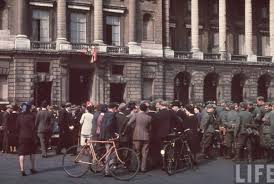
The great depression
The great depression in the early 1930s saw the economic
downturn of the western economies. In
this period UK suffered a lot, it brought the people to the streets due to the
job loss. The government was dumbfounded. It took nearly a decade to recover
from the downturn. UK definitely couldn’t afford to face one a large scale
revolt so the British parliament passes the Government of India act of 1935.
Under this act the parliament abolished the diarchy system and. It gave British
India a large amount of autonomy and formed federation of India but uniting the
princely states and the other provinces. This showed clearly that the British
parliament reduce the administrative burden of India due to the economic
conditions back home. It slowly started handing over the administration to the
native hands and remains involved only for the taxes which could help its
economic situation. On the other hand the wanted to cool the Indian
nationalists by giving them something to snack on.

Adolf Hitler and Benito Mussolini
The blitz - World War II, London
The fall of Singapore to the Japanese-1942
The Second World War
The Second World War started with Hitler declaring war on Poland
and invading it. It dint take the other countries to declare war on each other.
The same way they had dome in the First World War. In the beginning of the war the axis power had
all the advantage and they seem to be winning the war. On 7th Sept.
1940 Germany started the strategic bombing of Brittan. This went on nearly for
a year. In these raids London the power center of the empire upon which sun
never set, was now burning, the entire population of London went underground
and took shelter in the underground train station and tunnels. Though the raids
didn’t achieve their purpose and was a failure on part of the Germans, it
showed that the Empire had lost its sheen.
This showed that the so called British Empire was no longer supreme or undefeatable.
Later the Germans bought brought on their own downfall by invading Russia that
too in the winter. At the same time the empire was losing its grip over its
eastern strongholds too. It lost Singapore and Hong Kong to the Japan. The fall
of Singapore showed that it was the dusk of the British supremacy in the east. Japan committed one more blunder by bombing pearl
harbor which brought in USA on the side of the allied power, which went on to
prove suicidal as the axis power had almost won the war until the USA joined the
allied forces. Of course the allied powers won the war but it was USA which
saved the day for them and in fact it’s the USA which retook the Europe for the
allies powers, the army of the British empire was reduces to less than half. In this situation it
clearly showed that the empire was not capable of managing the far off colonies
so after the Second World War one by one most the overseas colonies declared
independence. India was one of the colonies.

Gandhi's arrest led to Quit India movement in 1942
The British Empire owed a lot to India and the Indian princely
states for their support in the desperate times of war. The British Empire was
reduced to ashes. The empire was no longer supreme. After the war the world
order changing and the colonization was being antagonized. They had set up a
world governing body called United Nations with the objective of the securing the
rights of downtrodden countries. Meanwhile in India the quit India movement had
shook the viceroy, they knew they couldn’t take any more of the pressure from the
Nationalist that too when the empire itself was burning. So they had no choice
but to grant the Independence.
Now how fair is it to say that we as Indians achieved the independence
from the British Empire which was on its knees, its economy was in turmoil, its
capital burning and had to be rescued by one of its former colonies?
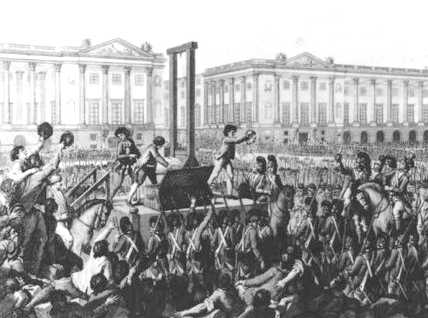
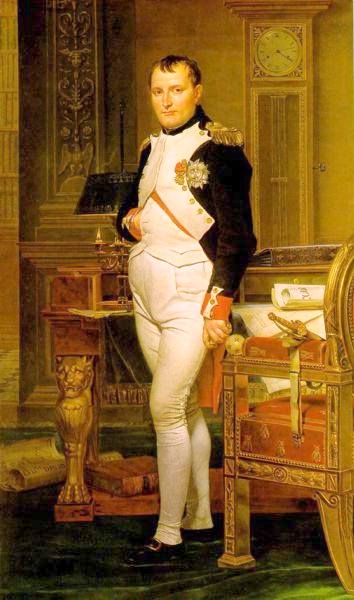

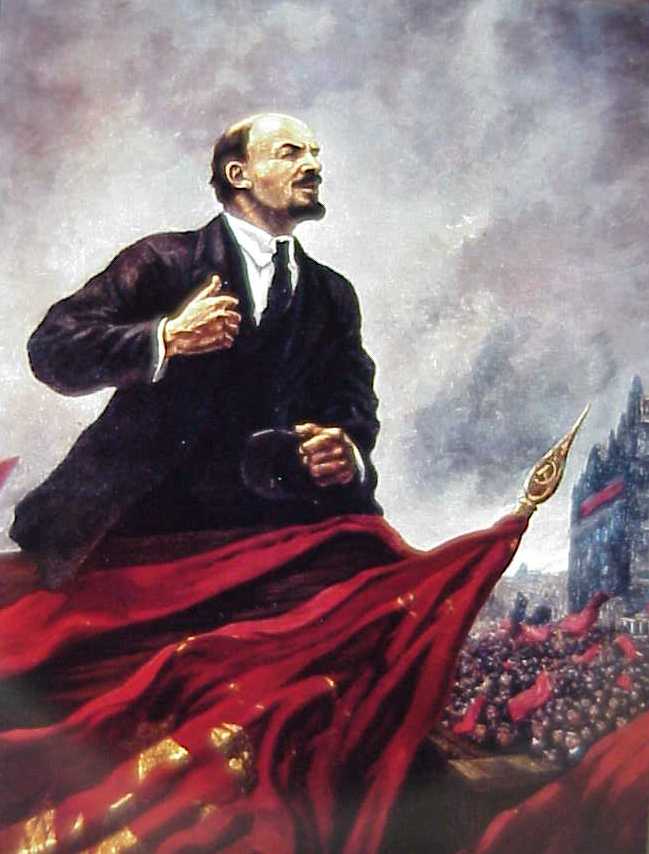



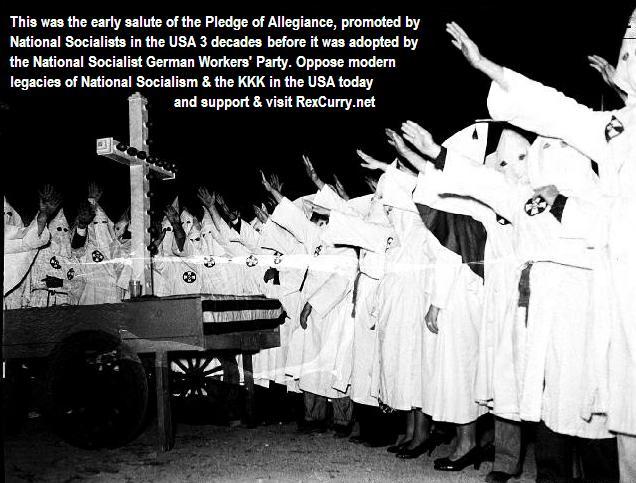
.jpg)

